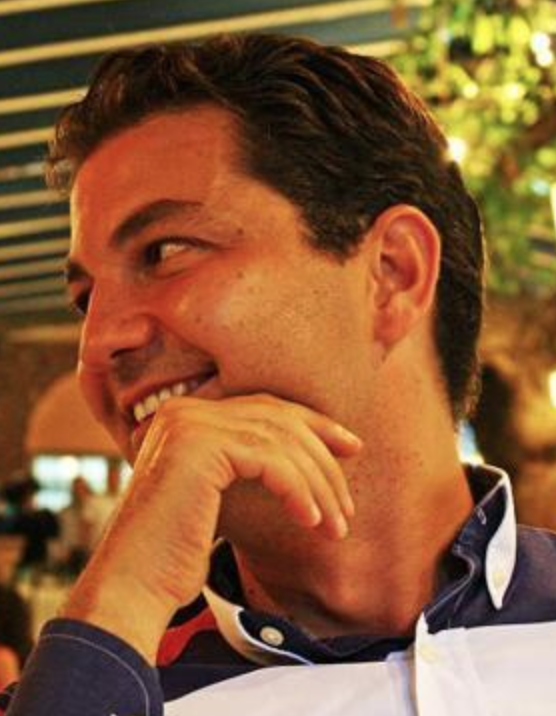By Theresa Aronson ’20
Sept. 26, Vol. XXIX, Issue 1
Hichman Bou Nassif, Assistant Professor of Government at Claremont McKenna College, approached his interviews in Tripoli, Lebanon this past summer with one overarching question in mind: what are the primary factors driving young Lebanese men to join a terrorist group and fight the al-Assad regime in Syria?
The answer, as with many questions pertaining to Middle Eastern conflict, lies in the intersection of political and religious motivations.
Shia and Sunni Islam, the two major denominations of Islam that split after the death of the Islamic prophet Muhammad in 632, have split into an unprecedented political cleavage in the past century.
The Syrian Civil War, which led to the Syrian Refugee Crisis, occurred in the context of this cleavage and a focal point for Bou Nassif.
“The Sunni majority had a reaction to the Shia and Alawi-dominated regime of the al-Assad dynasty Syria, and that is where the story begins with that,” Bou Nassif said. Bou Nassif found that vulnerable Lebanese Sunni men as young as 18 or 19 are becoming active opponents of Sunni oppression, often joining Islamist terrorist groups like ISIS and al-Qaeda, whose rhetoric highlights defeating the opposition and reclaiming Sunni domination.
Bou Nassif entered Tripoli with a list of names of former terrorist members obtained from a Syrian census, which had documented the deaths in the Syrian civil war. With these names in hand, Bou Nassif was able to conduct 71 interviews with the family members and friends of deceased ISIS fights in Syria and Iraq, which could last from half an hour to three hours, over the course of four months.
When meeting with family members and friends of the deceased, Bou Nassif discovered the extent to which political and religion was a factor for the men in their decision to join a terrorist organization.
“In reaction to the suffering of the Sunni communities in the Middle East, Lebanese men joined the fight against the Iran-back factions, especially the al-Assad regime and Hezbollah, whom they blamed for Sunni suffering in the region,” Bou Nassif said.
With Iran-backed Shia factions crushing Sunni aspirations, and Shia sitting at the top of the power struggle hierarchy, those who felt compelled and outraged enough, fled to Syria to join the fight.
Bou Nassif’s conception before interviewing family and friends was that those who joined a terrorist organization were religious prior, or had been raised in religious households. While meeting with the interviewees, however, Bou Nassif discovered something else.
“Many of these men were not religious until the outbreak of the Syrian Civil War,” Bou Nassif said. “They became religious after targeted propaganda released depicting graphics of suffering and bloodshed coming from al-Assad regime in Syria was all over the news. That’s when these young men sought out large terrorist organizations like ISIS and al-Qaeda that, supposedly, were fighting against the Shia regime.”
Notably, many of the men interviewed had never been involved in local criminal organizations. Family members often described the young boys as “calm, level-headed, and generally respectful” during their youth, according to Bou Nassif.
When Shia propaganda began infiltrating every community within arms lank, people were outraged and wanted to take action. It was not before long that Imams start getting pressure from terrorist groups to recruit as many impressionable Sunni men as they could to fight the al-Assad regime; which accounts for how and why Sunni men from far and wide, throughout the Middle East, poured into Syria during a raging civil war, eagerly looking to join the opposition.
Most Imams were not easily corrupted, but the few that were either manipulated or forced by terrorist groups to spread, had a lethal effect on those who looked to them as role models.
Imams were a powerful influence on these men who looked up to them for guidance.
“So once they had their blessing to join the terrorist group, they genuinely believed that this was their destiny, and what they had been manifested for,” Bou Nassif said.



